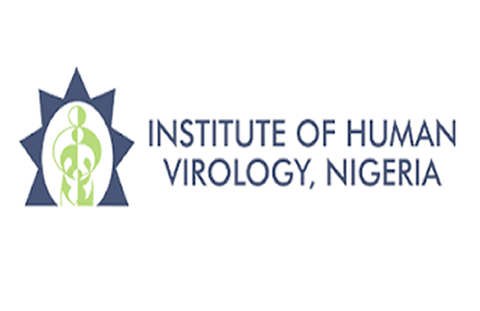The Institute of Human Virology, Nigeria (IHVN), has called on states to include Tuberculosis treatment in State Health Insurance Schemes (SHIS), to end the disease in the country.
Dakum said that the inadequate or near zero funding of tuberculosis by states and local governments across the country was crippling efforts of the Federal Government and other donor agencies to eradicate the disease.
“In 2018, Nigeria detected over 100,000 cases of TB out of estimated 480,000 people, the gap in case detection is still enormous, over 70 per cent. If you look at that, you will say we are not making progress”.
“For us to have detected over 100,000 cases and put those under treatment, means we have actually helped to limit the transmission of those cases not treated.
“But we need to do more because a prevalence survey was done in 2012 that showed us that the gap is very huge.”
The IHVN CEO, however, lamented that the knowledge gap on TB was still very wide, adding that a lot of people don’t know that treatment of TB was free.
Dakum said that if all the state governors included tuberculosis in their SHIS, it would improve the case detection rate, “which still remains low across the country.”
He said inclusion of TB in SHIS would also strengthen Nigeria’s capacity to mitigate the disease and other infectious diseases in the country.
The IHVN CEO advised state governments to scale up access to prevention and treatment, build accountability and ensure sufficient and sustainable financing for TB treatment and research.
“We hope to promote an end to the stigma and discrimination, and promote an equitable rights-based and people-centered tuberculosis response in Nigeria,” he said.
Dakum said that the state governments should work and sustain its house-to-house search for new active cases of tuberculosis to raise the detection rate in their states.
According to him, the state governments should increase the number of “Gene Xpert” and strengthen their tuberculosis surveillance department to track new cases.
He said that state governments should make it mandatory for private health care providers in their states to report tuberculosis cases and improve the participation of the media in raising awareness on diseases.
Meanwhile, Dakum said that the involvement of the scheme would also curb multi- drug resistant tuberculosis.
He said that drug-resistant tuberculosis was caused by bacteria that are resistant to at least one first-line anti-TB drug.
“Multi-drug resistant tuberculosis is TB that does not respond to at least Isoniazid and rifampicin, the two most powerful anti-TB drugs.
He advised that the state governments should encourage citizens so that drug-resistant tuberculosis could be prevented when quickly identified and treated by following the recommended treatment guidelines.
Dakum said that early and accurate detection of tuberculosis was an area of critical importance to combat the disease.




